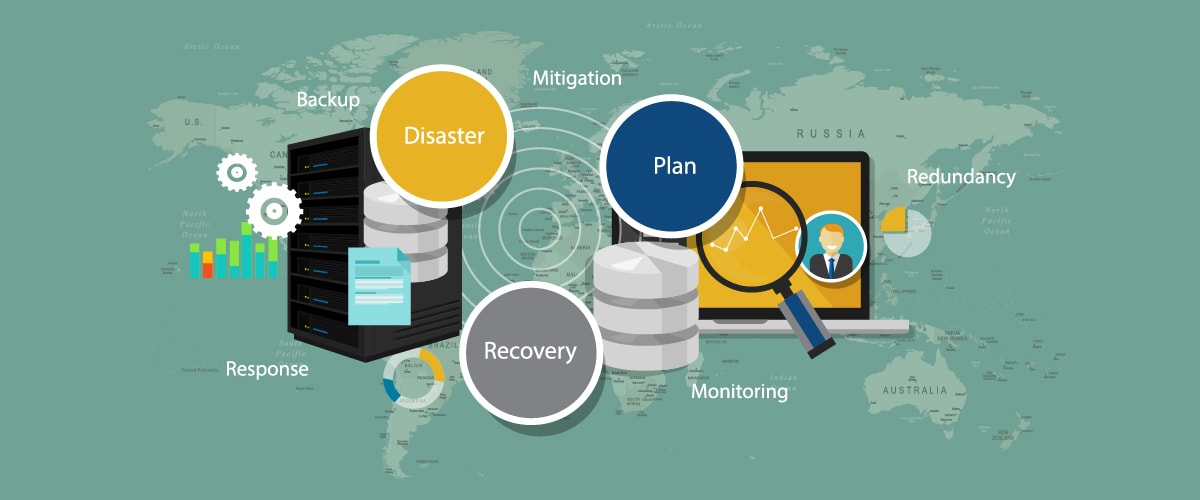 Web Content Viewer
Web Content Viewer

There is no doubt that the supply chain is growing at a rapid pace, with heightened customer demand impacting global fulfillment speeds and shortening shipment deadlines. In fact, two of the top challenges for manufacturers in 2020 will be the lack of supply chain collaboration and need for better supply chain visibility.

As current circumstances continue to unfold, many businesses are preparing for what could be the new norm. Those who have already taken the steps to protect their customers and employees by implementing a smart and solid BCP foundation are in the best position to ride out the current disruption. Those who have not undertaken a BCP may want to do so as soon as possible. The health your business may depend on it.

As tariffs continue to increase, companies needs to look inward to optimize business processes and free up resources to focus on growing the business. Investing in an ERP solution is the perfect first step in making this change.

Technology advances in retail are an important contributing factor to a successful busy season. Retailers will also likely have to pivot their strategies to strengthen customer relationships and build brand loyalty through an online presence. Technologies such as predictive analytics and AI are helping companies collect and store useful data while predicting consumer habits, allowing brands to better connect with their consumers.

Can you imagine if you switched salt with sugar in your favorite chocolate chip cookie recipe? It would change entirely the taste and texture of your cookie. Now consider if you were missing an important ingredient in your Food ERP software solution. Finding the right ERP software for your food business can be almost as easy as following a recipe, if the software has all the right components for your business. Today we explore the top 3 must-have features that are critical ingredients for your ERP Software selection.

Exciting times are directly ahead in the ERP world, and we’re looking forward to seeing how these predictions take shape as 2020 unfolds. As we prepare to celebrate the incoming year, we’re also setting our sights on what’s ahead in the complex and fast-changing world of technology and in particular, what’s upcoming in the Enterprise Resource Planning (ERP) software space.What will be the driving forces within the ERP industry in 2020? Take a look at these predictions that are an assessment of what we see ahead for the ERP marketplace.
By using this site you agree to our Privacy Policy and our Terms of Use.
Navigation
What We Offer
120 Comac Street
Ronkonkoma, NY 11779
Ronkonkoma, NY 11779
VAI - Vormittag Associates, Inc. ©2024 |
Privacy Policy |
Terms Of Use



